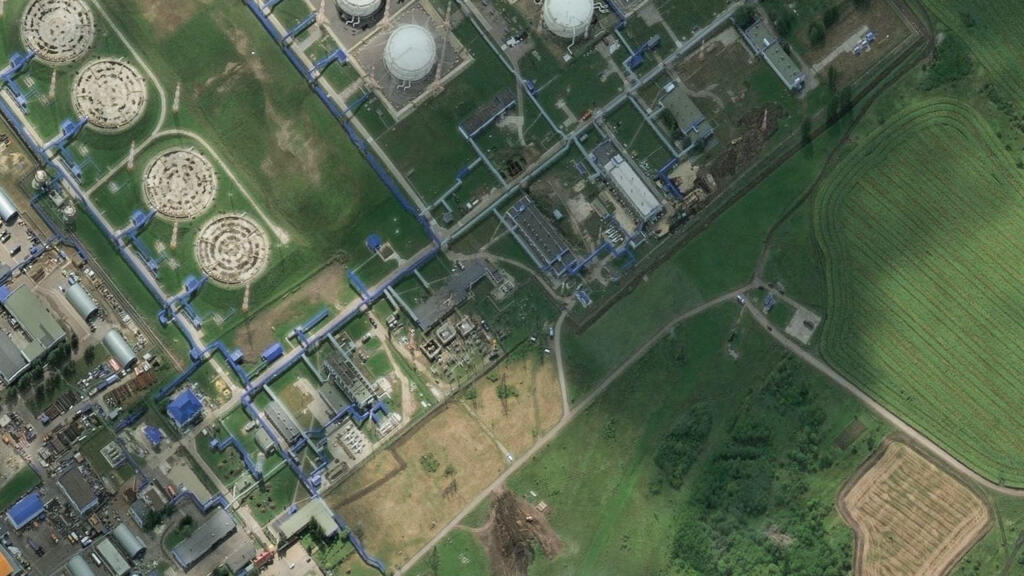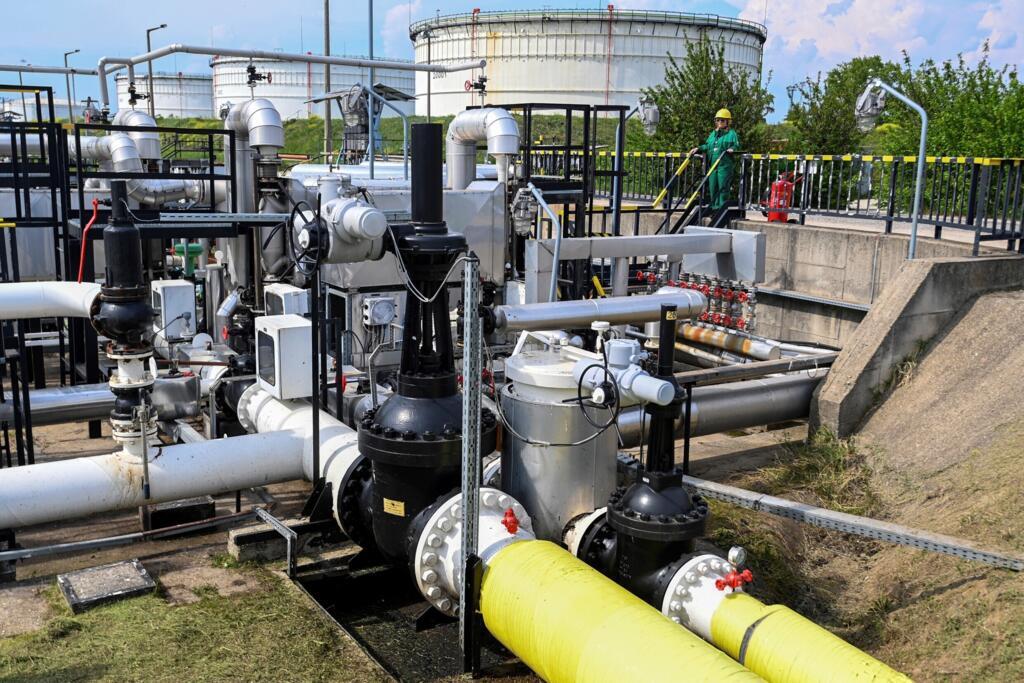Druzhba pipeline: dependence, diplomacy and the end of Russian leverage in Europe
Issued on:
The bombing of the Druzhba pipeline has disrupted oil supplies to Hungary and Slovakia and exposed new political rifts in Central Europe. RFI spoke with Andreas Goldthau of the Willy Brandt School of Public Policy about the wider implications for regional energy security and the shifting dynamics between Russia, Ukraine and the European Union.

The bombing was attributed by Russian and Hungarian officials to Ukrainian drone forces, with Ukraine justifying the strike as part of its broader campaign against Russia following the latter's invasion in 2022.
The strike resulted in oil flows to Hungary and Slovakia being cut off, and also exposed political divides at the heart of Central Europe’s energy security, sparking a diplomatic fallout between Kyiv, Budapest and Bratislava.
"The bombing drives home the point that Russian energy supplies remain a point of contest, particularly in Central and Eastern Europe, which remains dependent on [oil] coming from the east,” said Andreas Goldthau, director of the Willy Brandt School of Public Policy at the University of Erfurt in Germany.
Pipeline dispute shows Central Europe’s struggle to cut ties with Russian oil
'Not a matter of supply'
Despite EU-wide efforts to reduce reliance on Russian energy – which Goldthau acknowledges is "no longer a big issue for Europe as a whole" – Hungary and Slovakia stand as outliers, locked into long-term contracts and dependent on the Druzhba line.
When the pipeline was struck multiple times in August and September, forcing a halt to crude deliveries, both governments were forced to draw on strategic reserves.
But how Hungary and Slovakia are coping, is “more a political choice than anything else," Goldthau told RFI.
"It is not a matter of supply, but a matter of price and transport logistics, because it could eat into the margins of refineries if you have to source it from other parts and other geographies."
Central Europe, he added, “could source through ports in Croatia, and they could have done this already by now, but they chose not to”.

'A political decision'
Hungarian Prime Minister Viktor Orbán’s government responded to the strike angrily, calling it “an attack on Hungary’s sovereignty”.
The country's foreign minister, Péter Szijjártó, said: “Ukraine knows very well that the Druzhba pipeline is vital for Hungary’s and Slovakia’s energy supply, and that such strikes harm us far more than Russia.”
Both Budapest and Bratislava have demanded EU intervention and accused Kyiv of jeopardising their security, just as reserves were being tapped to keep refineries running.
From Washington to Warsaw: how MAGA influence is reshaping Europe’s far right
Meanwhile, Ukrainian President Volodymyr Zelensky suggested the attacks might hinge on Hungary lifting its EU accession veto, warning: "The existence of the friendship depends on what Hungary’s position is."
Ukrainian officials also say that Hungary and Slovakia have failed to diversify away from Russian oil, despite ample opportunity and EU support.
According to Goldthau, Russian leverage over the EU "is gone, by and large". He explained: "The EU’s main suppliers are now the United States and Norway. Kazakhstan comes into play, but Russia no longer plays a role."
Ukraine, he noted, “no longer gets any Russian oil or any Russian gas, it merely functions as a transit country”.
The attack and subsequent diplomatic spat might have provided Hungary and Slovakia “a perfect occasion to pivot and seek alternative supplies, but it’s a purely political decision to do that or not,” Goldthau said. "Whatever changes that [decision] lies at home, and not abroad."
Daily newsletterReceive essential international news every morning
Subscribe